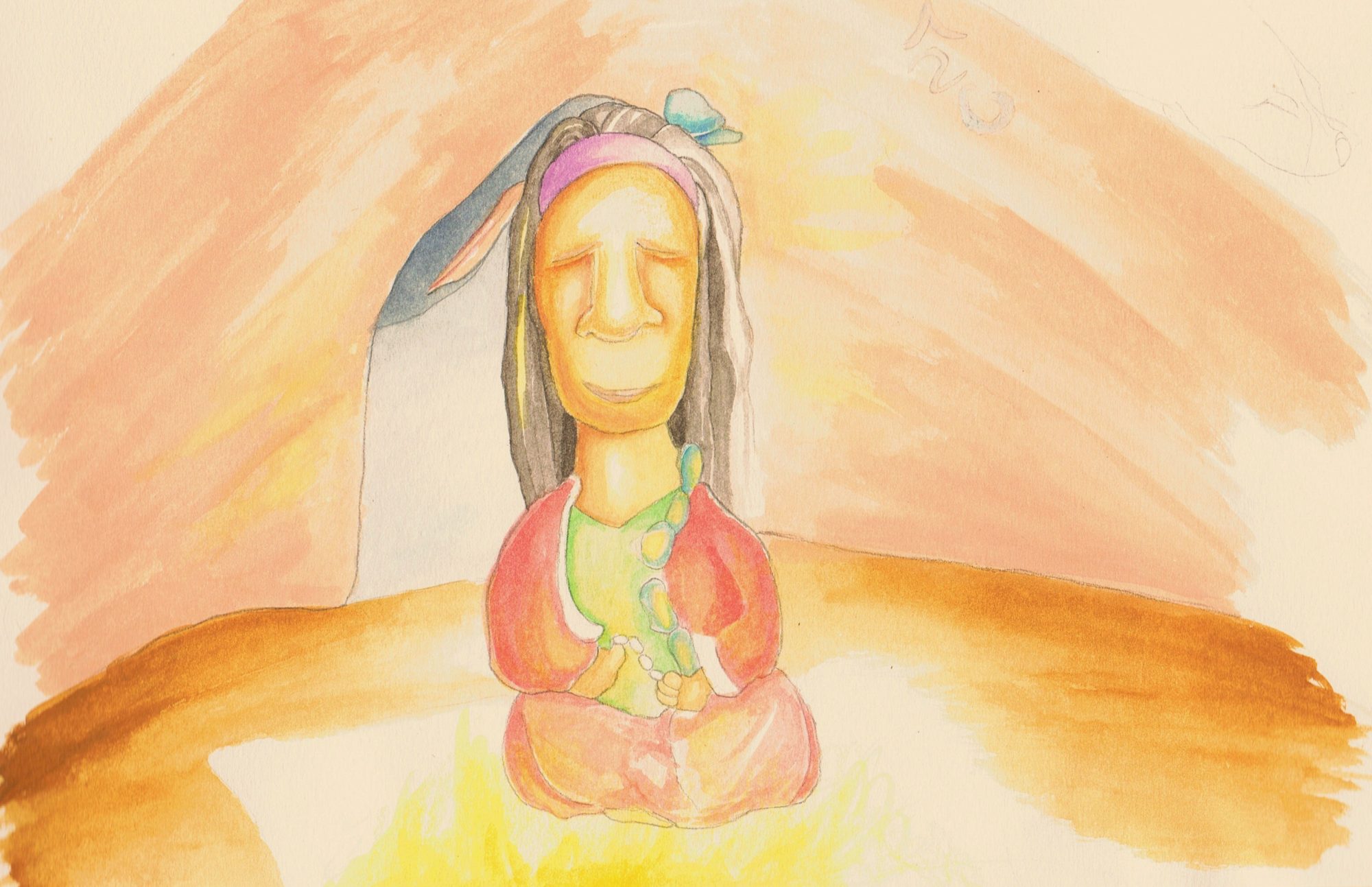By definition, a friend is a person who meets our emotional needs. Our emotional needs attach us to other people in a friendly way. I am always friendly with someone who meets an emotional need of mine. When I stop relating in a friendly way, they stop meeting my needs. When a friend stops meeting my emotional needs, the friendship breaks up as there is no longer any emotional attachment.
A dog is a Man’s best friend, when they meet their owner’s emotional needs. We love our dogs when they appear to care, pay us their attention and they are friendly. The more our pet shows their caring nature, the more friendly they are. Dogs & cats intuitively know that what they give out emotionally they receive back from their owners, who care about their pets. I pet an animal for the emotional energy that I receive from it. A best friend is the friend who best meets our need for emotional energy, whether animal or human.
With dementia, the carer is the one who best meets the emotional needs of the patient. The more emotional needs they meet, the more they appear to care and the better carer they are. Caring for someone’s emotional needs is often more important to the patient than caring about their mental state or taking care of their physical needs.
The problem with having a best friend is that there is a duality of a worst enemy. In our formative teenage years, when we are exploring our relationships with other people, we tend to fall in and out of love with our friends; depending on how needy we are and how needy our friends are.
The paradox is that nobody needs needy friends but everyone needs friends to meet their own extrovert needs. When we fall out with our best friend, they can become our worst enemy and we hate them because they are no longer giving us the emotional energy that we need. Whether I love or hate someone is just my personal perspective of whether I believe that they are meeting my emotional needs for me. It is not the actual person that I love or hate but the positive or negative energy that is flowing between us. The negative energy that I hate is really the absence of positive energy that I need. I love it when I get it from a friend and I hate it when I don’t because I need it.
Whenever there are limiting beliefs about what a friend should or shouldn’t do in order to meet my specific personal emotional needs, there will be dramas. Dramas similarly appear in dementia care when a patient’s emotional needs remain unmet. When a dementia patient appears to be causing a scene or a drama, it is a good indication that their emotional energy is low and they are subconsciously trying to get an emotional need met.
When a carer sees their role as a best friend, they see their role as caring for the emotional needs of their patient. The difficulty in this relationship is that it is one sided. The carer is expected to be a best friend without having a best friend in return. In return, they often experience their worst enemy. When the carer needs something emotionally from the patient, they will often be disappointed.
To be a best friend as a carer requires the detachment of being able to meet the patient’s emotional needs without needing the patient to meet your own emotional needs. This means that it is a one sided dependency, in a society that sees friendship as a co-dependency based on a balance of equal give & take. I am friends with you because you meet my emotional needs and you are friends with me because I meet your emotional needs. When the co-dependency is balanced, the friendship is in harmony but when one person is more needy than the other, the relationship gets out of balance.
Dementia is a dependent relationship when the patient is totally dependent on the carer for their physical needs and becomes equally dependent on the carer for their emotional needs. A carer who meets a patient’s emotional needs, whether consciously or not, becomes their friend. The best carer is the one who becomes the patient’s best friend.
In a married relationship, where the partners have always been best friends, the spouse is always the best carer for their married partner. We all sub-consciously value our emotional needs before our physical needs, so the person who meets our emotional needs is more important than the person who meets our physical needs.
A carer who is only trained to provide physical care may often be seen to be professional, yet unfriendly because they are not fulfilling the emotional needs that we need our friends to meet. Professional carers may not see the need to be friends with their patient because of the emotional dramas that are caused by any emotional attachment.
Unfortunately, when the carer is not perceived to be a good friend, they are often seen by the patient to be the evil enemy.
